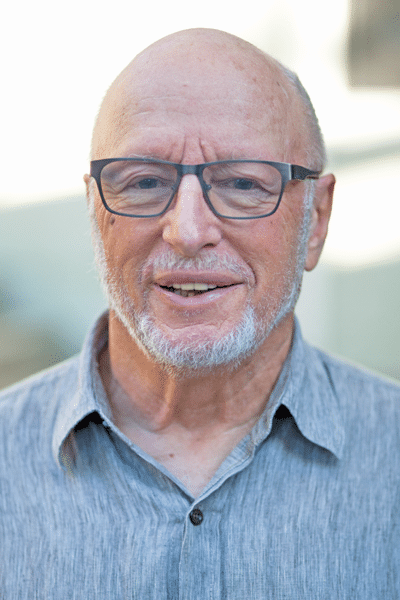President Donald Trump and Governor Gavin Newsom sat at the same table here in California, six-plus feet apart and, as I see it, basically tried to stare each other down over climate change and forest management. In the politest terms, each accused the other of not doing his job properly. Newsom charged that the federal government, meaning Trump, of course, was refusing to acknowledge climate change, ice caps melting, temperatures at historic levels, sea levels rising, crops failing, long dry spells, abnormal storm cycles, cyclones, hurricanes and flooding, and, worst of all, almost continuous uncontrollable forest fires. Trump pointed out our failures to manage our forests, implicitly avoiding controlled burns and other measures that might protect us, our homes and our wildlife and also probably building and rebuilding in areas that are very iffy. Ironically, according to ProPublica, the federal government owns two-thirds of the 33 million acres of forest land here in California, which they, along with all sorts of other governmental agencies, are loath to cut back or clear. Sadly, there is a great deal of truth in what both of them said or implied in pointing their fingers, and I don’t often say that about Trump.
ProPublica, a public interest journalistic group, just came out with a long piece about climate change and its implication for our future. To put it simply, over the next 50 years, they estimate that 162 million Americans will see a decline in the quality of life and, for 93 million of those, it’s going to be particularly severe. Some places along the coast will probably have to be abandoned. Some of the warmer areas will be unlivable. Federal flood insurance may become unaffordable. Crop failures will be more common. They estimate the climate of Buffalo, NY (which is one of the snowiest place in the USA) in 50 years will be similar to the temperatures of Tempe, Ariz. today. What the temperature in Tempe will be is anybody’s guess. Long term, we are in for major changes and millions of people from countries all over the world are going to move to where it’s cooler and they can still farm. That’s not going to be an aesthetic choice, it’s going to be a survival choice and our petty fights about our zoning are going to seem silly in 50 years.
Currently, our country is struggling with COVID-19. How much of this is just the evolution of a voracious virus trying to survive in a changing world is impossible to say, but they, like us, have to adapt or die. As climate changes, for whatever the reason, the flora and fauna will also have to adapt if they are to survive. That means bacteria and viruses will have to change and adapt also. All this impacts us: where we live, how we live and how we keep some degree of domestic tranquility—simply put, how we keep people from going out and killing each other because they are having difficulty adapting to change.
•••
The down economy is beginning to take a serious toll on some of our favorite haunts. Certainly it’s hitting restaurants very hard and some of the old LA perennials are falling. I just read that the Pacific Dining Car Restaurant on 6th Street just west of downtown has closed its doors after 99 years. It was what we used to call a “brown food” restaurant. Well-used red leather booths. Quiet enough you could hear someone speaking just sitting across the table from you and waiters that had been there forever. Strong drinks and expensive prices, but top grade meat. It was a home for carnivores and was open well into the night. We all have a favorite story about the restaurant. Karen and I have one also.
We went for a late bite at the Pacific Dining Car. It was late evening, maybe 11 p.m. or so, and the restaurant was nearly empty except for a small group of six or so sitting a few tables from us and deeply engaged in a discussion. The Cincinnati Reds were in town and had just played the LA Dodgers on a night game. We tried not to eavesdrop but it quickly became obvious that sitting at that table was Pete Rose, who was managing the Reds, along with a couple of his coaches and all of their wives. It was obvious they were all baseball people, including the wives, and the discussion was about a particular hitter. I can’t remember the name of the hitter, but they were discussing an at-bat he had against Cincinnati a couple of years before. They disagreed about something, a particular at-bat by that hitter, and Rose settled the argument quickly. He recounted that at-bat, which had happened a couple of years before, and he didn’t just remember the pitcher and the hitter, he went through the at-bat pitch by pitch, recalling where each pitch was thrown and what the hitter did. It was a remarkable feat of memory and even more of baseball acumen. Pete Rose played, managed, ate, drank and, unfortunately, bet baseball. It was his life. I really think he should be in the Baseball Hall of Fame despite his obvious weaknesses. I sincerely believe he would no more throw a game than cut off his arm.
•••
The flags commemorating 9/11 are up at Pepperdine University and, if you haven’t seen them yet, you definitely should go. It’s inspiring and it’s important for all of us to remember.

